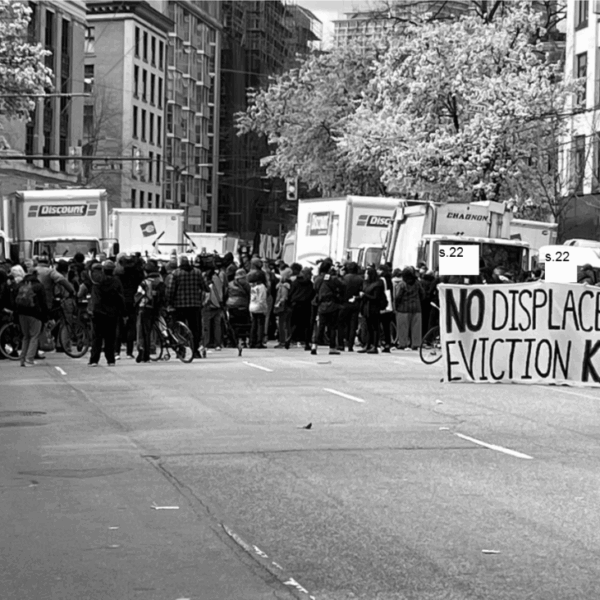City Hall
VANCOUVER VIEWS | Later today at City Hall there will be a discussion and vote on "Vancouver Views," a policy that would see increased heights...
Hi, what are you looking for?


On the evening of April 5, 2023, as the first day of the Hastings decampment operation came to a close, Vancouver Mayor Ken...
VANCOUVER VIEWS | Later today at City Hall there will be a discussion and vote on "Vancouver Views," a policy that would see increased heights...
Last Thursday, grassroots pressure forced Vancouver City Council to halt plans for two condo towers, as well as halting overall plans for height upzoning...
Instead of hearing 80 speakers from the public, City Council voted today to defer hearings until a later consulation. Fifty of those speakers were at...
Mayor Robertson and his party won power on the backs of the poor, claiming to represent their aspirations and promising to "End Homelessness." Today,...
NORTH EAST FALSE CREEK | A new deal between the city and the Concord Pacific development corporation might further change the social geography of...
In a letter written to City Council in advance of this Thursday's vote on approving new condo developments in the Downtown Eastside, former Vancouver...
The 10 SITES COALITION of Downtown Eastside organizations has issued a statement opposing the "Historic Area Height Review," which goes before City Council on...
At a forum held last night at the VPL, residents questioned the way the City of Vancouver conducts public consultations. The event’s organizers, a...
CAMPAIGN FINANCE REFORM | Legislation that would make Vancouver municipal parties disclose their donors and would cap corporate donations and overall campaign spending, might...
A memorial service for the three men who died in an East Van house fire was held Saturday at the Longhouse Council Native Ministry....